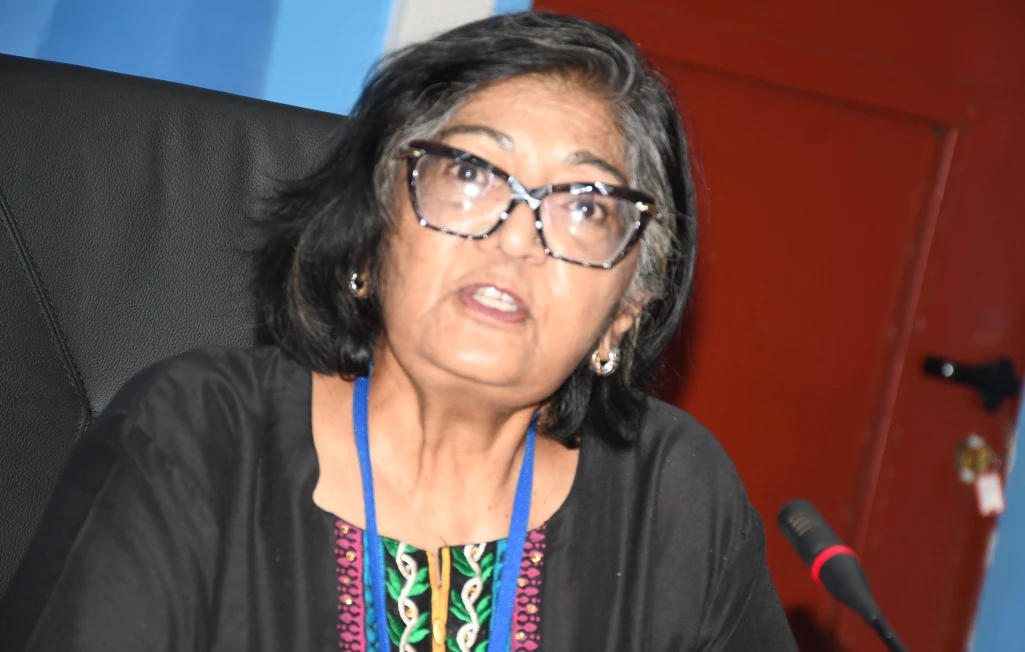
The UN human rights commission says the plan election is a severe risk of fueling violence and polarization if the permanent constitution and electoral laws are not in place before the election.
After concluding their ninth visit to the country from 7 to 12 February, the commission raised deep concern.
The commission’s chairperson, Ms. Yasmin Sooka, met with senior government ministers and officials, members of civil society, survivors of human rights violations and abuses, including sexual violence, religious leaders, entities monitoring the 2018 revitalized peace Agreement.
She says the lack of progress in implementing key provisions of the revitalized agreement contributes to the persistent insecurity and impunity in human rights violations.
“Violence at subnational level remains pervasive and is characterized by displacement, and gross human rights violations including sexual violence.”
She says Yei is a case where soldiers waiting to be part of a unified national force are poorly resourced and prey on the population.
Sooka told the reporters during a news briefing in Juba that critical elements involving security sector reform, constitutional and electoral reform, and transitional justice are yet to be addressed.
“Most South Sudanese the commission spoke to express their desire for political leadership to secure peace and justice, for which the agreement provides a roadmap. All of these outstanding issues impact the human rights situation in the country,” said Sooka.
UN Human Rights Commissioner Mr. Barney Afako expressed the need to establish transitional justice mechanism to address the human rights situation in the country.
He says they are ready to fully support the implementation of Chapter V of the peace agreement, building on the recommendations of the joint workshop the Commission convened in Nairobi, Kenya, in December 2021.
Afako added that it is essential to look beyond the electoral moment given the delays to develop a constitution on which elections would be based.
“One key task would be the mapping of electoral constituencies. A bigger question looms regarding the system that people will be voting for, given the absence of a permanent constitution, and the present lack of clarity on how the sequencing of elections and constitution-making is to intersect”.
He called on the government to address the outstanding tasks, including the permanent constitution, upon which the future political system will be based on the interest of South Sudanese.
The commissioners held a press conference on Friday, 11 February, in Juba. The commission will present its report on the human rights situation in South Sudan to the UN Human Rights Council in March 2022, in Geneva.
The UN Commission on Human Rights in South Sudan is an independent body mandated by the UN Human Rights Council. It was first established in March 2016.